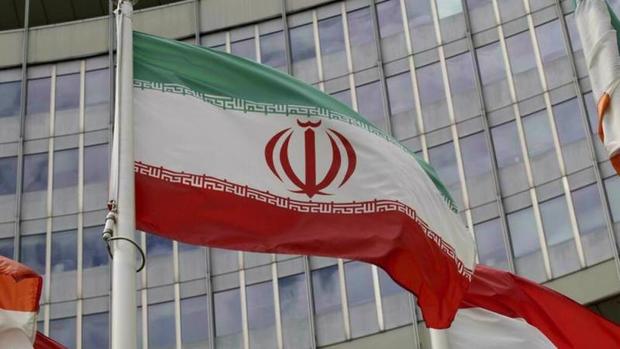- News code: 1473224
The Atomic Energy Organization of Iran (AEOI) has stressed the country’s right to use nuclear energy for peaceful purposes, saying that sanctions on Iranian scientists will not hamper such activities
In a series of posts on its Twitter account on Saturday, the AEOI said that the Islamic Republic has adopted a “transparent approach” in its cooperation with the International Atomic Energy Agency (IAEA).
“This issue proves the rightfulness of using this energy for the Iranian people,” it added on the occasion of the International Day for the Total Elimination of Nuclear Weapons.
1/International day for the elimination of nuclear weapons, provides an opportunity to correct and modify the global tyrannical mentality concerning the #peaceful use of #nuclear_energy.@realDonaldTrump @SecPompeo
— Atomic Energy Organization Of Iran (@aeoinews) September 26, 2020
The AEOI also noted that it has promoted its scientific programs in the areas of health, agriculture, food, radiopharmaceuticals and stable isotopes “in a precise and determined manner” and that sanctions imposed on Iranian nuclear scientists “will not interrupt Iran's nuclear program strategic principle.”
On Monday, the US slapped a raft of new restrictive measures on Iran over its nuclear program, claiming it was enforcing a UN arms embargo.
US goes it alone after UN rejects demand to restore Iran sanctions
The US Department of the Treasury’s Office of Foreign Assets Control (OFAC) sanctioned three AEOI deputy directors and a number of its subsidiaries.
In late January, the US Treasury Department imposed sanctions on the AEOI and its head Ali Akbar Salehi.
Iran: US sanctions on nuclear chief imposed 'out of desperation'
The AEOI further quoted Leader of the Islamic Revolution Ayatollah Seyyed Ali Khamenei as saying, “The Islamic Republic of Iran has never sought nuclear weapons and will not surrender the right of its people to peaceful use of nuclear energy.”
Iran showed to the world the peaceful nature of its nuclear program by signing the Joint Comprehensive Plan of Action (JCPOA) with six world states — namely the US, Germany, France, Britain, Russia and China — in 2015. The nuclear deal was also ratified in the form of a UN Security Council Resolution 2231.
However, Washington’s exit in May 2018 and the subsequent reimposition of unilateral sanctions against Tehran left the future of the historic agreement in limbo.
Tehran remained fully compliant with the JCPOA for an entire year, waiting for the co-signatories to fulfill their end of the bargain by offsetting the impacts of Washington’s bans on the Iranian economy.
As the European parties failed to do so, Tehran moved in May 2019 to suspend its JCPOA commitments under Articles 26 and 36 of the deal covering Tehran’s legal rights.

